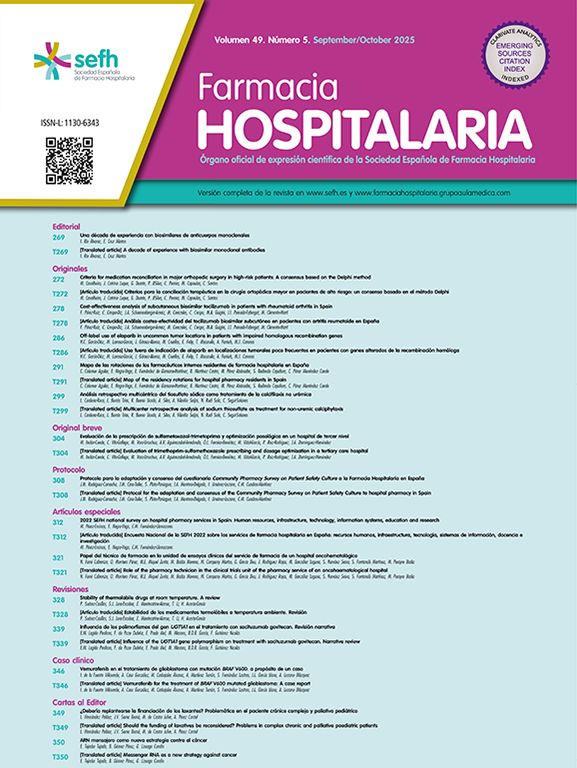Refeeding syndrome is a complex syndrome that occurs as a result of reintroducing nutrition (oral, enteral, or parenteral) to patients who are starved or malnourished. Patients can develop fluid-balance abnormalities, electrolyte disorders (hypophosphataemia, hypokalaemia, and hypomagnesaemia), abnormal glucose metabolism, and certain vitamin deficiencies. Refeeding syndrome encompasses abnormalities affecting multiple organ systems, including neurological, pulmonary, cardiac, neuromuscular, and haematological functions. Pathogenic mechanisms involved in the refeeding syndrome and clinical manifestations have been reviewed. We provide suggestions for the prevention and treatment of refeeding syndrome. The most important steps are to identify patients at risk, reintroduce nutrition cautiously and correct electrolyte and vitamin deficiencies properly.
El síndrome de realimentación (SR) es un cuadro clínico complejo que ocurre como consecuencia de la reintroducción de la nutrición (oral, enteral o parenteral) en pacientes malnutridos. Los pacientes presentan trastornos en el balance de fluidos, anomalías electrolíticas —como hipofosfatemia, hipopotasemia e hipomagnesemia— alteraciones en el metabolismo hidrocarbonado y déficits vitamínicos. Esto se traduce en la aparición de complicaciones neurológicas, respiratorias, cardíacas, neuromusculares y hematológicas. En este artículo se han revisado la patogenia y las características clínicas del SR, haciendo alguna sugerencia para su prevención y tratamiento. Lo más importante en la prevención del SR es identificar a los pacientes en riesgo, instaurar el soporte nutricional de forma prudente y realizar una corrección adecuada de los déficits de electrolitos y vitaminas.





